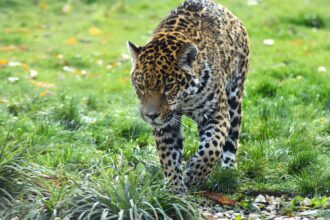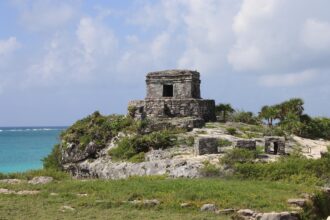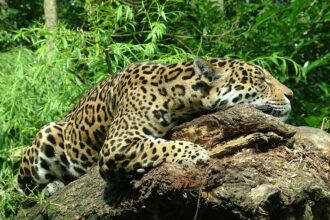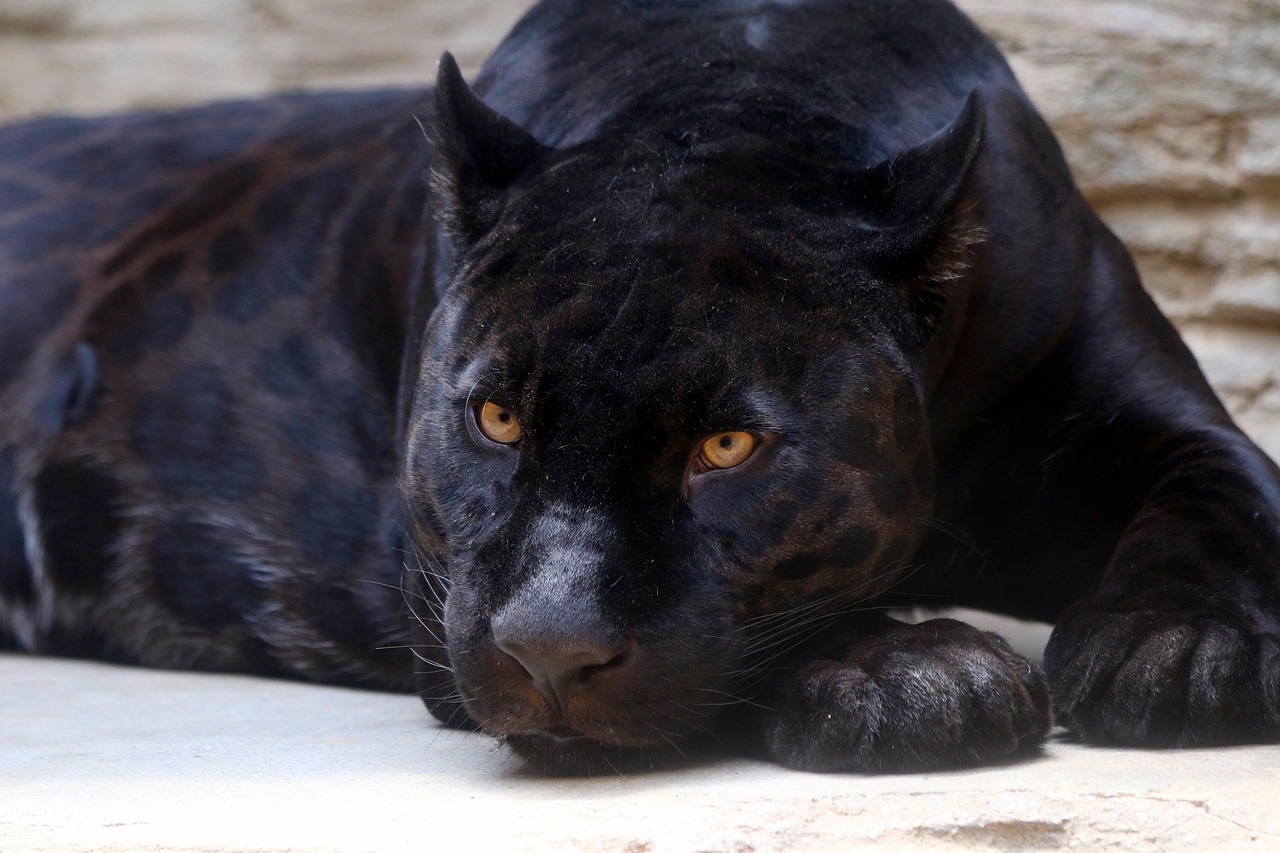About Jaguar Conservation in Tulum
Jaguar conservation efforts in Tulum are crucial to maintaining the ecological balance of the region. As apex predators, jaguars play a vital role in controlling prey populations, thus contributing to the health of their habitats. Tulum, part of the Mayan Riviera, boasts rich biodiversity and is a significant habitat for these magnificent creatures. However, habitat loss, poaching, and human-wildlife conflict threaten their survival.
The Importance of Volunteering
Volunteering for jaguar studies not only aids in the preservation of the species but also offers a unique opportunity for individuals to engage directly with nature and wildlife conservation. Through hands-on experiences, volunteers gain a deeper understanding of ecosystem dynamics, research methodologies, and species behavior. Additionally, participants contribute to vital research that informs conservation strategies, helping ensure a sustainable future for jaguars and other wildlife in the region.
What to Expect from Jaguar Volunteering Programs
Joining a volunteering program centered around jaguars in Tulum can be a life-changing experience. Participants can expect to be involved in various activities:
Field Research
Volunteers may take part in field research, which could involve tracking and observing jaguars in their natural habitats. You’ll learn how to set up camera traps, which are essential for monitoring jaguar populations. These traps capture images and help researchers gather data on jaguar movements, behaviors, and interactions with other species.
Data Collection
Collecting and analyzing data form a significant part of your experience. You might assist in gathering information on prey species, identifying key areas where jaguars roam, and taking notes on environmental conditions. This data is critical for conservationists who are studying population dynamics and habitat use.
Community Engagement
Understanding the concerns of local communities is fundamental to successful conservation. Many programs include educational outreach initiatives where volunteers engage with locals to raise awareness about the importance of jaguar conservation. You may help organize workshops, distribute informational materials, or assist with educational programs in schools.
Habitat Restoration
Volunteering often involves habitat restoration activities. You might participate in reforestation efforts, invasive species removal, and creating buffer zones to reduce human-wildlife conflicts. Such activities help improve the overall health of ecosystems, making them more suitable for jaguars and numerous other species.
Skills and Knowledge Gained
Volunteering for jaguar studies provides invaluable skills and knowledge:
Wildlife Identification
Participants will learn how to identify various wildlife species, particularly those within the jaguar’s ecosystem. This skill enhances your ability to assess biodiversity and understand ecological relationships.
Research Techniques
Working alongside biologists and researchers, you will gain firsthand experience in ecological research techniques, including data collection, analysis, and the use of technology in wildlife studies.
Conservation Practices
Learning about conservation strategies can empower you to contribute to broader ecological efforts beyond the volunteering experience. Understanding the significance of conservation ensures you leave a lasting impact on the fight against species extinction.
Accommodations and Living Arrangements
Most volunteering programs in Tulum provide comfortable accommodations, often within nature reserves or eco-lodges. Volunteers may share dormitory-style rooms and have access to communal kitchens. This setup encourages community building among volunteers and provides an immersive experience in the natural surroundings. Depending on the program, meals may include local cuisine, primarily featuring fresh ingredients sourced from nearby markets.
Weather Considerations
Tulum experiences a tropical climate, characterized by warm temperatures year-round, with an average ranging from 21°C to 32°C (70°F to 90°F). The rainy season is from May to October, impacting outdoor activities. Nonetheless, organizations often plan programs accommodating the weather, ensuring a fulfilling experience regardless of the season.
Health Precautions
Prior to participating in a volunteering program, ensure you are informed about necessary vaccinations and health precautions related to tropical diseases. It’s advisable to have travel insurance that covers health emergencies and potential evacuations. Consulting with a healthcare professional before departure will help ensure that you are adequately prepared.
Tips for An Enriching Experience
Be Open-Minded
Approach the experience with an open mind. Embrace the challenges and uncertainties of working in wildlife conservation. Every experience, whether positive or negative, contributes to personal growth and deeper understanding.
Engage with Locals
Take time to engage with local communities. Learning about the culture and traditions enhances your experience and fosters meaningful relationships, promoting effective conservation.
Stay Curious
Ask questions! The more you engage with fellow volunteers, researchers, and locals, the more you will absorb valuable knowledge about jaguar conservation and the ecosystem.
Networking Opportunities
Participating in a jaguar volunteering program opens doors to various connections within the conservation community. You’ll meet other wildlife enthusiasts, researchers, and conservationists, creating a network that may assist in future career endeavors in environmental science or wildlife management.
Financial Considerations
While many volunteering opportunities provide accommodation and meals, some programs may require a fee to cover administrative costs and project materials. Research different organizations to find a program fitting your budget and interests. Remember that investing in such an experience not only contributes to jaguar conservation but also to personal development.
Volunteer Reviews
Past volunteers often share their experiences, providing invaluable insights into what different programs offer. Positive reviews typically highlight the dedication of staff, the diversity of projects, and the meaningful impact participants have made. It is a good idea to review testimonials and feedback before committing to a specific organization.
Conclusion
Volunteering in jaguar studies in Tulum is not just a rewarding environmental endeavor. It is a transformative journey that enhances your understanding of wildlife conservation, supports critical ecological research, and creates lasting memories in a stunning natural setting. Engage with local communities, develop new skills, and contribute to the preservation of one of nature’s most majestic predators. Each contribution, no matter how small, plays a vital role in ensuring the survival of jaguars for generations to come.







